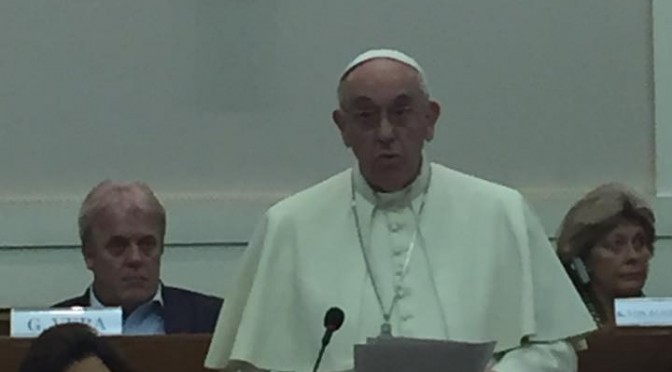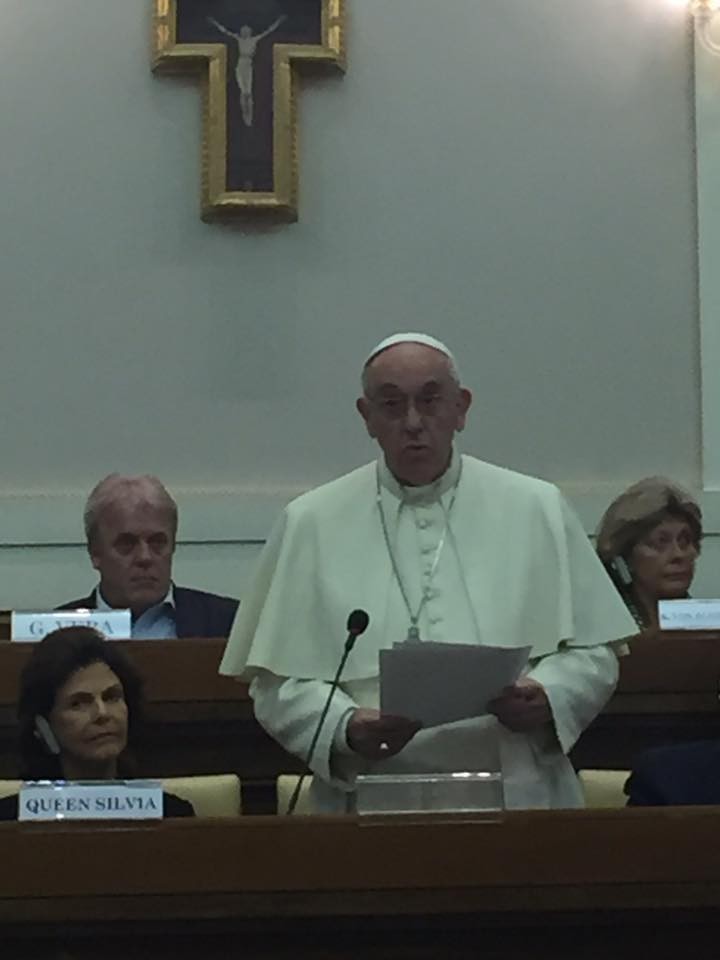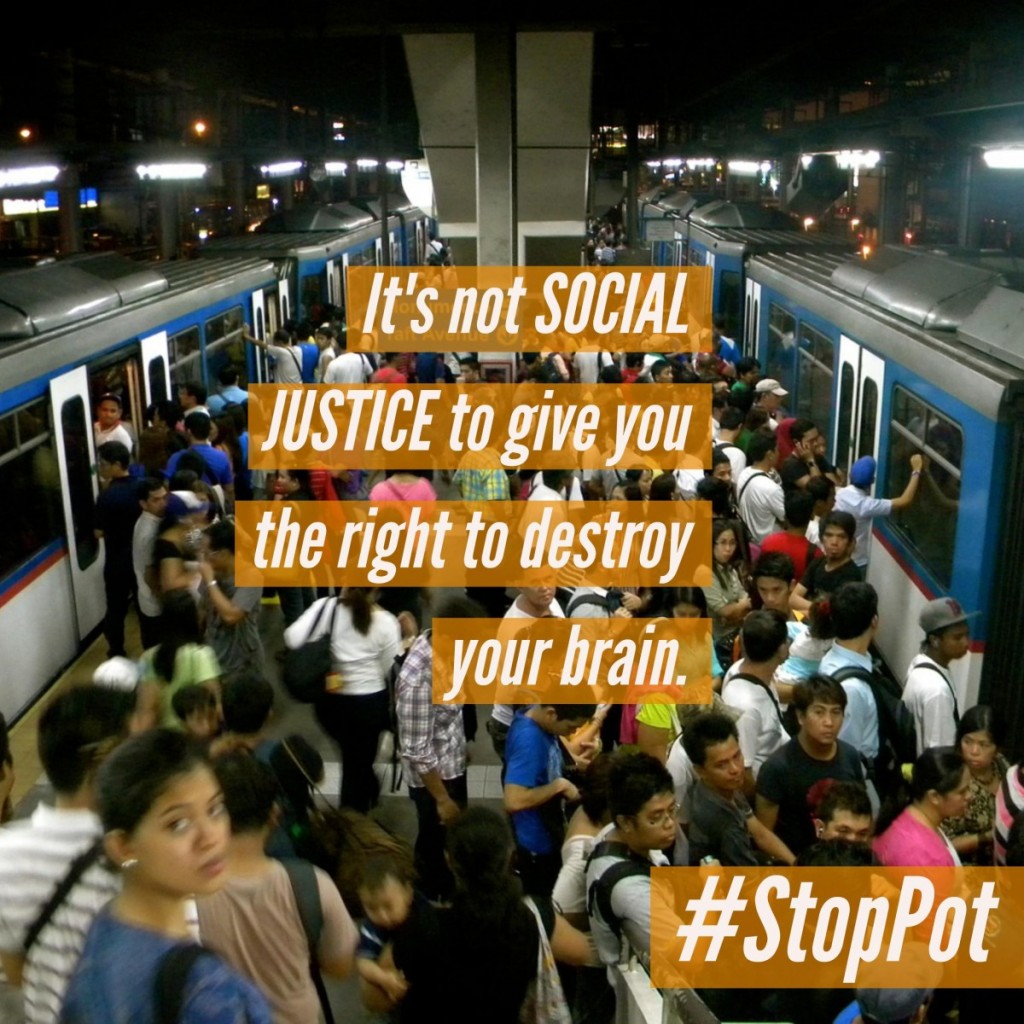The newest groups against marijuana commercialization: Marijuana Science Forum (objective; not necessarily for or against) Texans Against Legalizing Marijuana (LIKE their Facebook page) Families Against Recreational Marijuana (FARM)
Neo-American Political Group (Like their Facebook page, please) Marijuana Victims Association
Legalization means commercialization (don’t deny it–that is what has happened in every state that voted to legalize.) Please join us in stopping the commercialization of marijuana. Decriminalization is already in place. NORML is raising money and trying to normalize pot use in every state. Hit the “LIKE” and “SHARE” buttons in order to raise the profile of all groups that fight this in their states. (Just Say No to Marijuana went online after we published this article.)
Canada Smart Approaches to Marijuana Canada
California Groups (Please suggest to friends, family in the state)
Marijuana Harms Families Butane Hash Oil and Honey Oil Dangers (against pot labs only)
Ban Commercial Cultivation BSane.org Calaveras Residents Against Commercial MJ
Citizens Against Legalizing Marijuana
Moms Strong
Stop Pot
RAM – Rethinking Access to Marijuana
STOP Commercial Pot (California)
Take Back America Campaign
Colorado Groups (Please suggest to friends, families there)
Parents of Colorado Against the Normalization of Dope
Parents for a Healthy Colorado
People Against Retail Marijuana in Manitou Springs (PARMMS)
Smart Colorado
Pueblo for Positive Impact Citizens for a Healthy Pueblo Act on Drugs
Massachusetts The Marijuana Policy Initiative Be Smarter Massachusetts
Campaign for a Safe and Healthy Massachusetts
Florida Auntie Cannabis is Anti-Pot No on 2
Mothers Opposed 2 Marijuana
Prevention Plus Wellness
Maine
Smart Approaches to Marijuana, Maine
Mainers Protecting Our Youth and Communities
Oregon
Portland for Positive Impact
Clear Alliance
Nationwide and/or Other States
Educating Voices
Arizonans for Responsible Drug Policy
Smart Approaches to Marijuana Canada Don’t Roll Up Roll Out
I Hate Marijuana LegalLies
Marijuana Harms Families
Marijuana Issues in Tennessee
MarijuanaX
National Families in Action
The Partnership for Drug-Free Kids
SAM Taskforce
Stop the Legalization of Marijuana
Texans ALARM
Vote No on 2 Nevada
Keep Arkansas Safe
Keeping Missouri Kids Safe
Safe Montana
Please sign the petition against T-Mobile for trying to normalize marijuana use.
Please start a group for your state to go against legalization if it doesn’t have one. There are many other community, county and groups affiliated with CADCA. This list emphasizes groups that concentrate on marijuana prevention. Drug Free America Foundation is national and it opposes all drugs. Smart Approaches to Marijuana and Parents Opposed to Pot focus on marijuana. National Families in Action writes the latest studies of marijuana in The Marijuana Report (see above). We must support each other, as well as other state groups.
Merry Jane claims many states have strong policymakers working to actively legalize and regulate cannabis.
We are sorry to have left out some groups, but if you want to see a group added please write [email protected]






